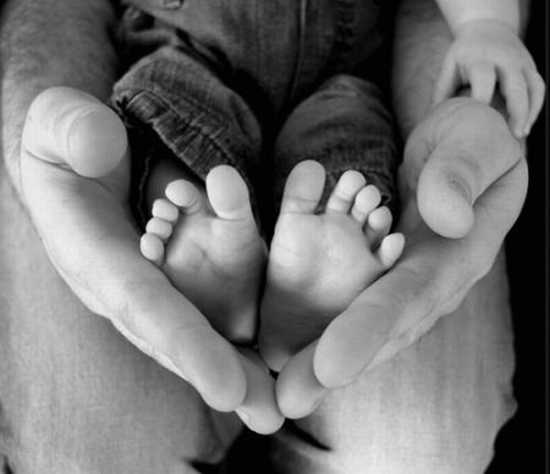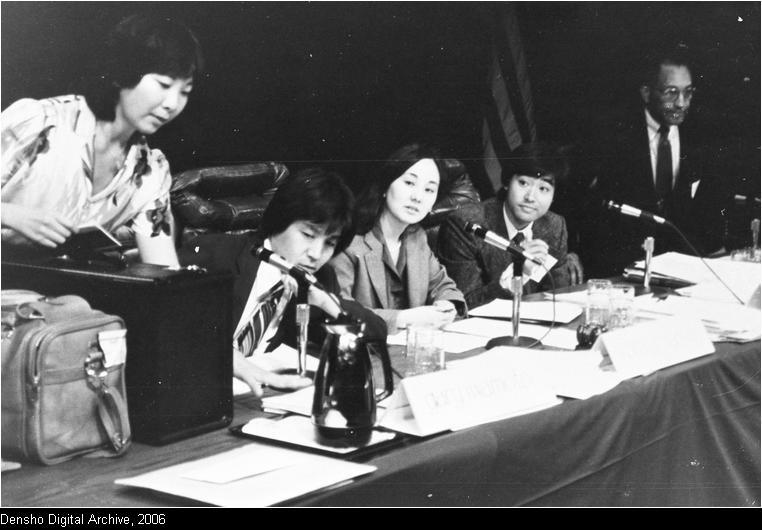Sharline Chiang of Hyphen Magazine is a survivor of post-partum depression. Yesterday, she wrote a powerful article today about the months following the birth of her daughter, in which she discusses the depression. More importantly, she writes about why she — like so many Asian Americans battling depression and related mood disorders — carry their struggle in silence:
I wanted to say: I’m not okay, Mom. I’m so tired it hurts. I feel like I’m being electrocuted in a tub of ice water. I sweat. I shake. I have panic attacks. I don’t know what’s wrong with me. I’m so scared.
I didn’t know I had postpartum depression—postpartum anxiety to be exact. Even after I found out and was diagnosed with severe PPD a month later, I lied. Even after I was put on anti-psychotic medicine, even after I was registered at the mental hospital in Berkeley, I lied. I lied, because I didn’t want my parents to worry. It seemed the right, Confucian, filial thing to do, to protect one’s elderly parents from one’s own suffering. Most of all I lied because I didn’t want to be judged. I already felt like such a failure. I was failing as a mother and I was ashamed.
[…]
I lied because even though depression is so common in Asian American communities, we rarely talked about it. The message I grew up with: your mental struggles are our own; it’s up to you to find the inner strength to “ren,” to endure.
The character for “ren” ? is the character for “knife” over the “heart.” Endure even when there’s a knife in your heart.
Sharline talks about the very real differences between Asian and White cultures in talking about mental illness. She talks about how among Asian Americans (as arguably with many minority communities) there is profound shame not only with the label of “depression” but even in the simple act of talking about one’s feelings. She alludes to the fact that depression, like all mental health concerns, are viewed as a sign of personal “weakness” — one that can be cured by “toughening up” — rather than as a biological ailment. She confesses to the acute pain — physical and emotional — of her depression, and the embarrassment she felt in even recognizing there might be a problem. Above all, she confesses that even now, on a regimen of anti-depressants that seem to be helping, she hasn’t admitted her struggle to her family; importantly, Sharline is more comfortable talking to us, the Internet stranger, than she is telling her mother.
I get why Sharline lies. I get it, fundamentally and almost without the need for explanation. By contrast, Sharline’s White spouse can’t grasp Sharline’s hesitance: a problem that speaks to the cultural disconnect between White vs non-White communities in how depression is perceived and treated. This disconnect also speaks to the need for culturally-specific resources for minority patients battling depression.
Sharline talks about how depression was viewed by her and her parents as a “White people’s disease” — a notion that can hamper self-reporting and self-identification of depression-related symptoms. This speaks, in part, to the need for minority-focused mental health organizations to improve awareness of these kinds of struggles specifically in minority communities, and in a way that emphasizes how onset of depression is color-blind.
Two years ago while pregnant with Anza, I had spent thousands of hours reading about pregnancy and birth and exactly five minutes reading about postpartum depression.
On the cover of the brochure was a white woman with long brown hair. She was staring into space under the words: “Feeling Blue?” I took one look and said to myself: white woman, sad woman, that’s not me and that’s not going to be me.
I was 41. I had traveled the world, had a great career in nonprofit communications, and had married the man of my dreams. We lived in sunny Berkeley. We were finally having a baby. I was elated.
Looking back I wish more doctors had talked to us about PPD, its signs and how to get help. I wish someone had told us about Postpartum Depression Spectrum because PPD manifests in so many ways, including intense anxiety. I also wish I had been given articles written by survivors, especially other API women.
Depression happens. It happens at elevated rates in all minority communities, including Asian Americans.
Yet, while our community expends reams of online print on the latest movie starring an Asian American actor or actress, we spend so little of that energy talking about depression and mental health. This, despite the demonstrated fact that depression is more prevalent among Asian Americans (particularly women) than another racial or ethnic group. This, despite the demonstrated fact that Asian Americans are half as likely as non-Asians to report symptoms of depression to our doctor. This despite the fact that among teens and the elderly, Asian Americans have elevated rates of suicide.
Sharline’s words struck a chord with me as a woman with a family history of depression who hopes to start her own family one-day. I, too, call my mother every week and talk to her, and too often I am guilty of rushing through the conversation. Like Sharline, I feel the pressure to downplay my own anxieties and concerns so that my mother — who blames herself for every perceived hiccup in my life — won’t worry about me.
These innocent “little white lies” we tell — to ourselves and to our families –are the problem. I’m reminded how, despite the superficial and casual nature of my weekly conversations with my mother (which I cheekily refer to as my weekly “I’m not dead” check-in to assuage their worries about me), one of the best conversations I have had with my mother in a decade stemmed from one of these conversations. It was one where we talked for almost an hour, wherein my mother talked about her bipolar disorder, how it has impacted her life, and wherein I asked her to find a therapist to pursue counseling. My mother has struggled with bipolar disorder for my entire life, but this was literally the first time we had ever talked — really talked — about it.
Our entire community’s instinct to paper over our struggles is what allows them to fester under the surface, and in part contributes to the disparity of depression and suicide among Asian Americans. I want to applaud Sharline for talking about her struggles. I hope that her article will show other Asian American women struggling with depression that they are not alone, that there is nothing to be ashamed of in one’s depression, that there is courage in sharing one’s struggle.


